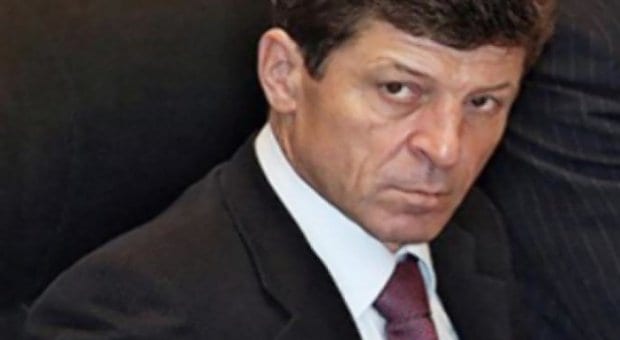The Associated Press (AP) reports that the Russian government has written to the International Olympic Committee (IOC), assuring that it will comply with Olympic charter provisions against discrimination, even as it stands by its recently passed anti-gay legislation that has provoked international condemnation.
In the letter, Russia’s deputy prime minister, Dmitry Kozak, echoed previous statements by other Russian officials that the so-called gay propaganda law, enacted in June, focuses on the “restriction of information that promotes non-traditional sexual relationships among children” and doesn’t impose restrictions on sexual orientation. AP says Kozak emphasized that the Russian constitution “prohibits discrimination against anyone based on sex, race or religion.”
The letter also stated that the “requirements” of the anti-gay laws “do not attract any limitations for participants and spectators of the Olympic Winter Games in Sochi on their legal right of residence in the territory of the Russian Federation or participation in any events stipulated in the Games program that are contradictory to the Olympic Charter or universally recognized standards of international law on human rights.”
In his own statement, IOC president Jacques Rogge acknowledged the receipt of “strong written reassurances from the Russian government that everyone will be welcome at the games in Sochi regardless of their sexual orientation.”
But AP notes that it’s still not clear whether athletes or spectators who make gestures or wear items in support of gay rights will face any form of censure at the Games next year.
The IOC has said it will penalize athletes who make political statements at the Games, citing Rule 50 of its charter that says such demonstrations are not permitted in any Olympic sites, venues or other areas. Violations of the rule could lead to “disqualification or withdrawal of the accreditation of the person concerned.”
In the wake of Swedish high jumper Emma Green Tregaro’s symbolic rainbow-nails protest against Russia’s anti-gay laws at the World Athletics Championships, her country’s Olympic Committee has ruled that actions against the legislation will not be tolerated in Sochi.


 Why you can trust Xtra
Why you can trust Xtra


